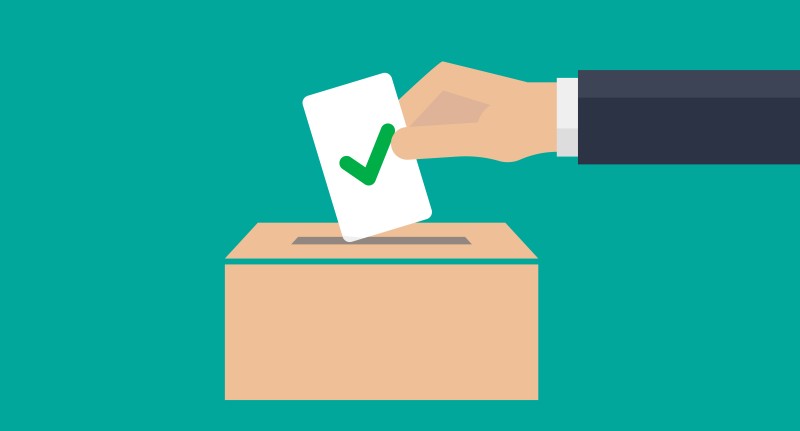
Tips to Win a Party Convention Fight
In the world of political campaigns political power is often achieved through the party convention process. Whether you are running for state representative, county office, or President of the United States conventions still matter in many places. Party conventions impact election outcomes, often exerting control over local politics in ways we may not always realize.
Why do convention fights happen?
The party convention process serves to nominate and approve candidates for office. This could be an appointment for an open seat to or a way to unseat an incumbent candidate through the convention. This process could involve filling an open seat or challenging an incumbent candidate. An open seat refers to nominating a new candidate for a local office position. For incumbents, it could be due to stances or a lack of confidence from constituencies they are supposed to represent. As we have discussed in other posts, incumbents lose for a few key reasons:
• A change in the population/district
• Unresponsiveness
• Scandal
• Arrogance
• Going back on a promise
• Lack of support
The impact of a convention fight: Convention fights are a double-edged sword. They can inflame voices, but they also can bring new folks into the process. Whether it is an open seat or against an incumbent, understanding the impact and defining your goal through the process is crucial. Although it can create divisions within the membership, it can also revitalize an organization lacking engagement. Encouraging debate, stimulating change, and strengthening the organization can be positive. If an incumbent can withstand a convention fight (most do), the organizing they do, can make their organization even stronger. Downsides come in when individuals fail to continue their political efforts and do not come together after the convention.
How can convention fights be prevented or mitigated?
Work on building relationships with convention delegates consistently. Having a good relationship with convention delegates should be a long-term goal, and understanding who you want to be a delegate is also essential.
Advice for convention attendees: Pick a side. You don’t have to do it too early, but think through your timing, decide, and stick to it. Don’t play both sides. It is better to be clear where you stand and potentially lose than be someone no one can count on.
How do you win a convention fight? To win a convention fight, you need to run a real campaign. People often assume that convention delegates know them, and they don’t need to reach out to them. Real outreach is vital to winning. A lack of outreach is a way to lose.
The timeline for a convention fight – is your friend, enemy and often frenemy. The calendar matters when it comes to a convention fight. If you want to avoid a convention fight, you need to focus on the convention process for the long term and work on it very early on. This process of selecting delegates can take months or even years as the party sets the timeline.
Delegate selection – Understanding who becomes a delegate matters, whether it is districts, constituencies, or chair picks. Understanding the delegate selection process works and taking ownership of it can make a big difference in your convention win. Your relationship with delegates matters, and you want to target convention delegates with whom you have a chance.
Build a coalition. Know your politics. Understand individual politics, organizational and local politics, and specific constituencies critical to winning a convention. Every area is different, and different constituencies will have varying levels of power in your area.
How do develop a message for a convention? Using a message box and then developing a theme that works with the potential back-and- discussions during a campaign is a great place to start for a convention.
How do you plan a communications strategy for a convention? Understand your strengths and weaknesses and determine the type of outreach needed and expected. People usually spend less time and resources on conventions than on primaries, but investing more time and resources can be beneficial. Winning the party convention can create significant momentum and eliminate the need for a primary.
What tactics should I use for conventions? Think of your usual campaign tactics and scale them down for a convention. This means operating on a smaller scale and making them even more personal to be effective. To secure delegate votes, build a genuine connection with the candidate. They need to feel special and that their input and vote matter.
Field: Physical outreach to convention delegates is critical in the convention campaign process. Consistent outreach is essential.
Phones: You need to call people. For a local convention, the candidate should spend significant time making calls.
Email: Yes, email is an effective way to communicate with delegates. You should have extremely high open rates for convention fights because the delegates should have a connection to you. If the open rates are not high, that's trouble.
Digital ads: Facebook, Instagram, programmatic advertising, and even OTT can work well for digital outreach, Consider a mix of video and static ads.
Direct mail: Mail still matters, but for conventions, it needs to be as personal as possible. Letter packages work better than postcards for this type of campaign. If you use postcards, make sure they tell a compelling story.
What can we learn from convention fights? Convention fights are a great way to understand strengths and weaknesses of elected officials. By seeing how well they perform at a convention, you have a chance to build on your own strengths or identify their areas of weakness.
Have questions about party conventions? Drop us a note and reach out. We are happy to chat and see how we can help.